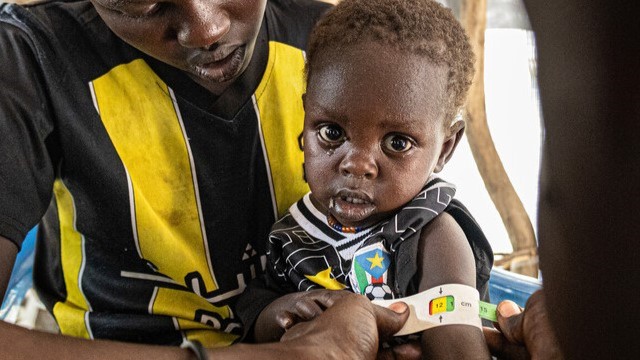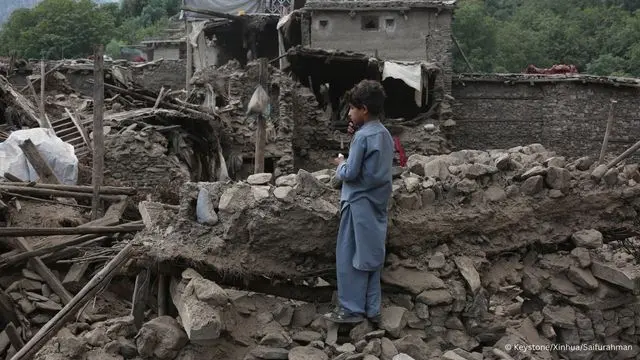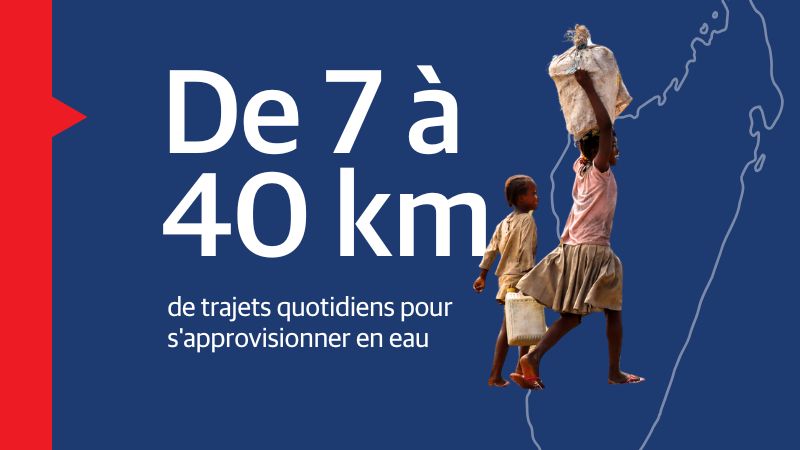Responding to Mpox in the DR Congo

Be a lifeline to people living in crisis.

Life can change in an instant. When it does, we are there.
We save lives
We restore hope
We partner generously
.webp)
In the DRC, the virus has been endemic for many years. A recent outbreak was declared in December 2022 and since then the number of cases increased overtime: in 2023, more than 14,600 suspected cases were notified with 654 deaths, while in 2024, the situation has worsened further. Since the beginning of the year, more than 15,000 cases have been reported and 23 provinces have been affected. The acceleration of the epidemic is worrying, especially as a genetic mutation (Clade Ib) has been identified in South Kivu province, with human-to-human transmission now uninterrupted for months.
Medair has been working in the DRC for 28 years, always striving to provide health and integrated services based on an effective understanding of the needs of those who live there. Having recently responded to a cholera outbreak in the area around Goma, Medair’s teams have been well positioned to respond immediately to the outbreak of Mpox. In fact, we were the first international NGO on the ground in the area to do so, as cases started in two of the health facilities in the IDP camps that Medair is supporting.
Every day Medair is seeing between many patients.
Of the cases Medair has seen, 90% come from IDP camps, where many people live in very close proximity. To date, 70% are children under 10.

How are these cases presenting themselves? - BBC Presenter
“When our team finds some suspected cases, we refer them after proper triage to identify the severe cases. We have organised a referral system through which we transport s Mpox cases from the IDP camps to the Munigi Referral Hospital where we have set up a treatment centre.”
What impact has this had on your team in terms of how they work and cut down transmission? Have they had to change their behaviour?
Yes, it’s been important to improve transmission prevention and control measures. We need to be very strict in terms of personal protective equipment (including masking), which must be available to all staff in health facilities.
They also need to follow strict and diligent handwashing practice. As the health facilities receive more than one hundred patients presenting with different diseases on a daily basis, it is really key to train our staff on Mpox clinical case definition and triage, in order to identify and isolate Mpox patients as soon as they arrive at the health facility.
We know that Mpox has been endemic in the DRC for well over a decade. What can you tell us about the level of immunity and are you giving out vaccines to IDPs?
The epidemic is spreading across areas with very different demographic and geographical realities that are sometimes very different. The response must be not only multisectoral but also adapted to each context.
For the time being, we don't know whether the vaccination plan will target specific at-risk populations, such as front-line health workers, children, pregnant women, people with specific medical problems and immunosuppression, or whether it will more broadly target IDPs (Internally Displaced Persons) living in camps around Goma, or the general population of the area. For the moment, no vaccine is available in the eastern DRC where we operate.”
While waiting for the arrival of vaccines, it is crucial to focus on the importance of other key aspects of the response such as laboratory analysis, surveillance, support for isolation and self-isolation, awareness-raising, and patient care.
Your staff have not been vaccinated?
“No”
And Dr Pierre Olivier, is the message getting through to people? Do they understand that they have to be open to recognising the symptoms, changing behaviours and coming to medical facilities like yours to get treatment early?
“Yes, this is getting through because you can see that since the start of this intervention in Goma, we have around 330 cases in our clinics now. Across all of these cases, we have 0 deaths.”
“This means that people are coming early, so I’d say the message is landing very well. The fact also that we’re coming off the back of the big ebola response, so people are open in terms of community engagement. We are well known in the community because we’re not there only for Mpox, we’ve been there for primary health care responses – so people trust Medair as an organisation.” - Dr Pierre Olivier Ngadjole
As Medair continues to work with these communities, as we have been doing for the last 28 years, we are continuing to save lives in groups of people who have already been through so much. Our teams have experience in responding to these outbreaks and are working hard to help vulnerable people, including women and children under five, and save lives in the hardest to reach places.
To support our work around the world in treating people suffering from deadly diseases like Mpox, please will you give today and join us in our mission to bring life and hope to those in need?
“Since the start of this intervention in Goma, we have seen around 330 cases in our clinics now. Across all of these cases, we have 0 deaths.” - Dr Pierre Olivier Ngadjole









.jpg)



.jpg)